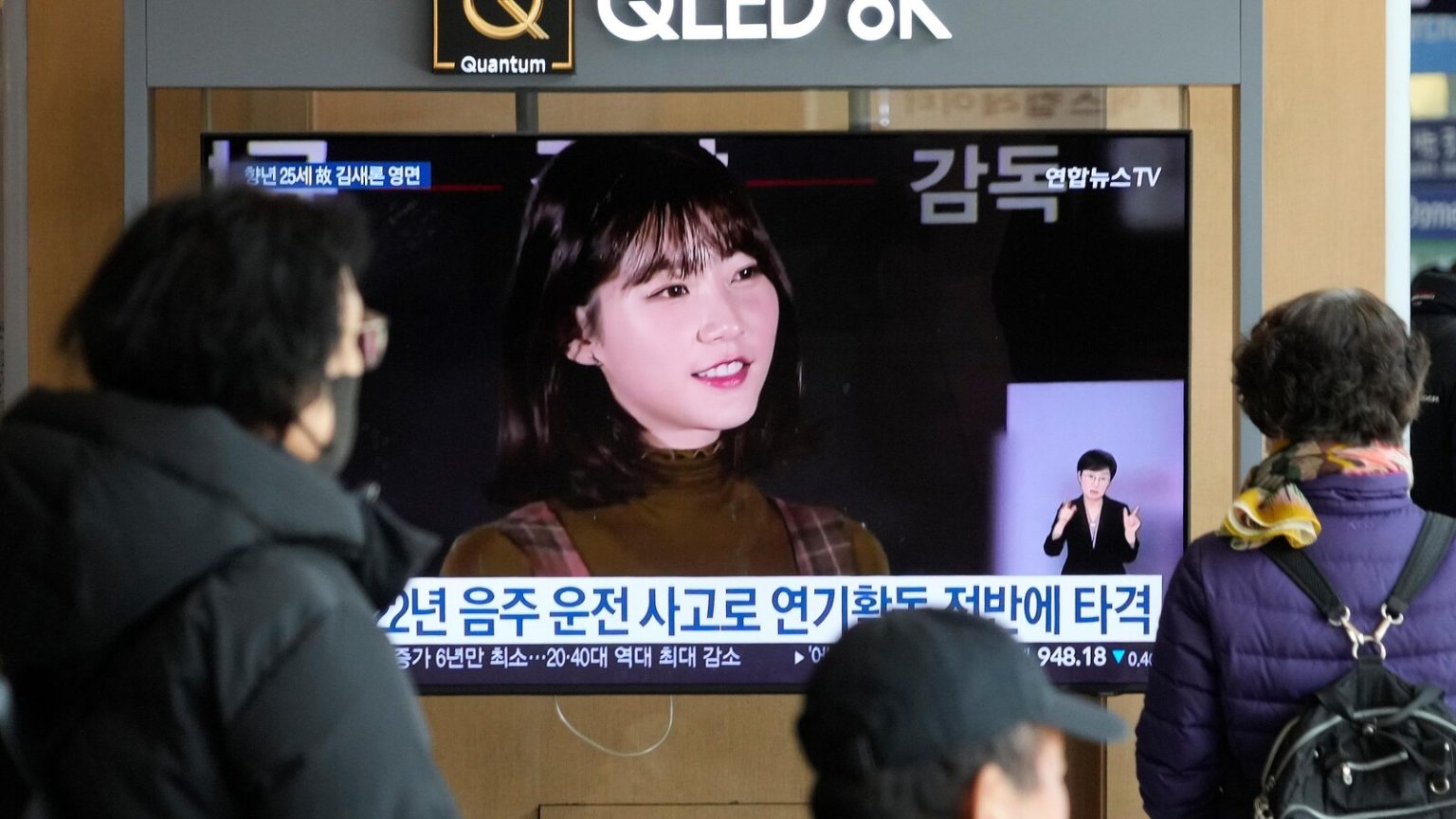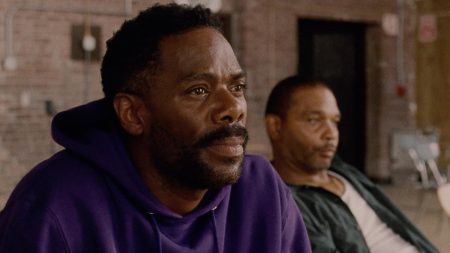The Tragic Case of Kim Sae-rom: A Reflection on Celebrity Mental Health in South Korea
Introduction: The Untimely Death of a Rising Star
In a somber turn of events, South Korean actress Kim Sae-rom’s untimely death has ignited a national conversation about the pressures faced by celebrities and the role of media scrutiny. Her passing, following a DUI incident and subsequent media storm, highlights the delicate balance between public interest and personal well-being. This tragedy underscores the urgent need for dialogue on mental health and media responsibility in South Korea.
Kim Sae-rom’s Career and Downfall
Kim Sae-rom, once a bright star in South Korean cinema, began her journey as a child actress in the 2010 film The Man from Nowhere. Her talent and charm quickly catapulted her to fame, earning acclaim in both movies and TV dramas. However, her world began to unravel after a DUI incident in May 2022. Despite her apologies and efforts to make amends, the media onslaught and public backlash led to a sharp decline in her career and personal life. The financial struggles that followed, including a stint at a coffee shop, were sensationalized, painting her as someone who had fallen from grace.
Media Scrutiny and Its Impact
The media’s relentless pursuit of Kim’s personal life after the DUI incident is a stark example of the harsh coverage celebrities endure. Every aspect of her life, from her financial struggles to social outings, was scrutinized. YouTube channels and traditional media outlets often prioritized traffic over truth, spreading unsubstantiated claims. This barrage of negative attention took a toll on Kim’s mental health, a pattern all too familiar for South Korean celebrities. Experts like Kwon Young-chan highlight the helplessness felt by celebrities when their carefully crafted images are shattered by unforgiving media.
The Broader Context of Celebrity Pressure
Kim’s story is not isolated. South Korea’s entertainment industry is notorious for its pressures, particularly on women. Celebrities face immense scrutiny, with any misstep leading to severe backlash. The deaths of stars like Choi Jin-sil, Sulli, and Goo Hara draw parallels, indicating a systemic issue. Peter Jongho Na, a Yale psychiatrist, poignantly compared South Korean society to the brutal Netflix series Squid Game, where those who falter are swiftly abandoned. This environment discourages celebrities from seeking mental health support, fearing further vilification.
Calls for Change and Potential Solutions
In the wake of Kim’s death, there is a renewed push for change. Experts and advocates are urging media outlets to adopt stricter self-regulation and avoid sensationalism. Hyun-jae Yu, a communications professor, emphasizes the need for traditional media to verify facts and minimize reliance on unverified social media content. Legal measures, such as Hybe’s lawsuits against malicious commentators, are emerging, though broader reforms are still pending. Proposed laws, including real-name requirements and stricter hate speech regulations, aim to curb online harassment, yet face legislative hurdles.
Conclusion: A Hopeful Path Forward
Kim’s story is a poignant reminder of the human cost of media scrutiny and societal expectations. While her death has sparked necessary conversations, the path to meaningful change remains long. By fostering empathy and accountability, South Korea can create a more compassionate environment for its celebrities. The road ahead requires collaboration among media, lawmakers, and the public to protect the mental health and well-being of those in the limelight. As discussions continue, the hope is that Kim’s legacy may inspire a kinder, more understanding society.















